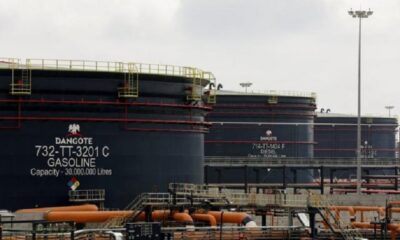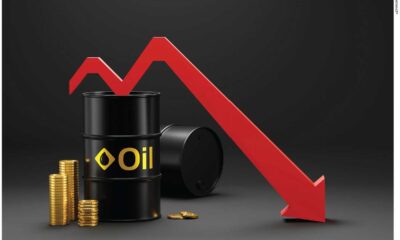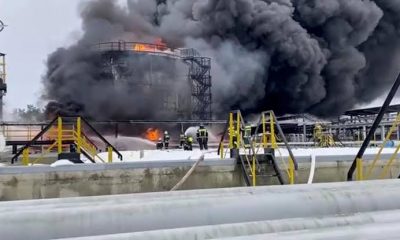NEWS
Oil Price Inches Towards $70, 44% Above Benchmark
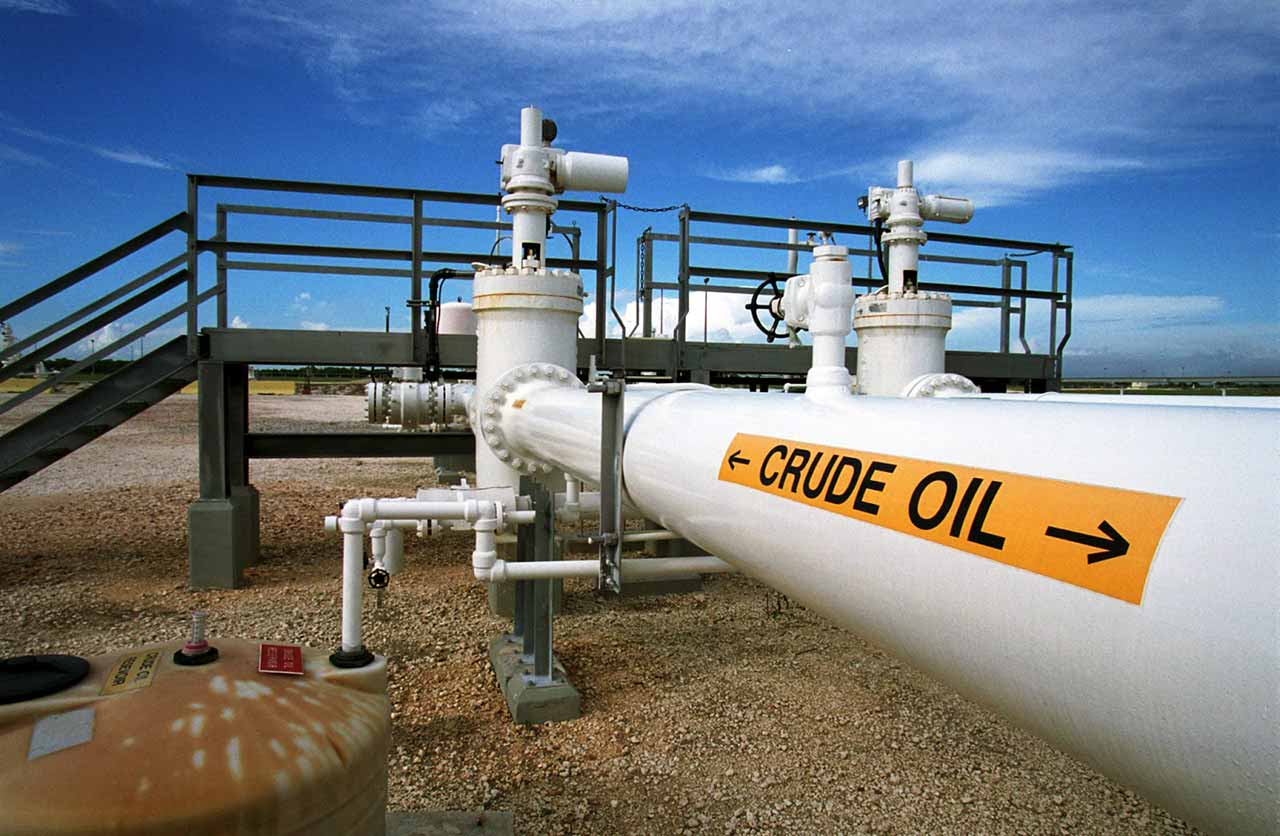
Crude oil price has risen by $20 per barrel above Nigeria’s benchmark of N45 a barrel in the 2018 proposed yearly budget.In the proposed N8.6 trillion ‘Budget of Consolidation’ presented by President Muhammadu Buhari to the National Assembly for approval, crude oil benchmark price was put at an average of N45 per barrel, based on low benchmark price of $35, medium ($45) and high ($55) scenarios, while production was set at 2.3 million barrels per day.
At the close of Tuesday trading hour, global benchmark, Brent crude oil price was $65.25 a barrel, while the West Texas Intermediate (WTI) settle at $58.47 per barrel.What this means is that, at Nigeria’s production peg of 2.3 million proposed in the 2018 budget, the country will be making an excess crude oil earnings of $46 million per day (N16.5 billion), if crude oil price remain at $65 a barrel in 2018.
Brent crude oil has remained at above $60 a barrel level in the last few days, sparking talks that this could be the new floor under oil prices and that $70 a barrel oil in short term is now not only a producers’ wildest dreams, but a reality.This also shows that the crude oil production capping embarked upon by members and non-members of the Organisation of the Petroleum Exporting Countries (OPEC) is yielding positive result.
For example, as of November 2017, the OPEC and participating non-OPEC producing countries achieved an impressive highest conformity level of 122 per cent, following the pattern of high performances in the past months.This, OPEC said is coupled with the aforementioned amendment of the Declaration of Cooperation, is an unequivocal demonstration of the steadfast commitment of participating countries to continue working towards the achievement of the goal of rebalancing the market and putting it on a sustainable stable footing.
According to OPEC, The Joint OPEC-Non-OPEC Ministerial Monitoring Committee (JMMC) expressed great satisfaction with the results and sustained level of high conformity with the voluntary production adjustments, and encouraged all participating countries to achieve full conformity for the benefit of producers and consumers alike.
The Minister of State for Petroleum Resources, Ibe Kachikwu, Nigeria was capable of meeting and exceeding the 2.3 million barrels per day crude oil production and oil revenue benchmarks in the proposed 2018 budget before the National Assembly for approval.“First, the 1.8 million barrels per day was not a cap fixed for Nigeria by OPEC, but an expectation,” he explained.
“Also, Nigeria’s oil output does not include condensate production of 350,000 barrels per day. So, between 1.8 million bpd and 350,000 bpd, we are doing 2.2 million barrels per day. We can produce more than the 1.8 million bpd if we have the capacity.”
Group General Manager, Corporate Planning and Strategy, Bala Wunti, said the current production capacity for the country was more than 2.3 million barrels per day, noting, however, that due to the insecurity in the Niger Delta region, the full production capacity has not been achieved over the years. “The 2018 crude oil national production projection for Joint Ventures, Modified Carry Arrangement or External Financing, Production Sharing Contracts, Independents, Marginal Fields and Service Contracts is about 2,298,000 barrels per day,” Wunti said.
He added that the 2018 price projection on the long term price assumption was based on price scenarios of $35 (low), $45 (medium) and $55 (high), stressing that most price forecasting agencies thought that the medium price scenario had the highest probability of occurrence which the 2018 budget was hinged upon. “Consequently, a conservative price projection of $45 per barrel was used as benchmark for crude price for 2018 budget,” Wunti stated.

